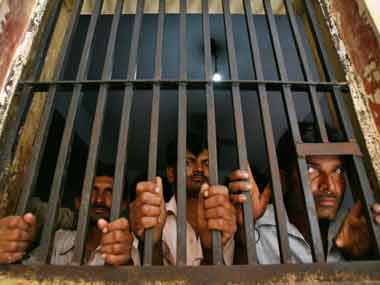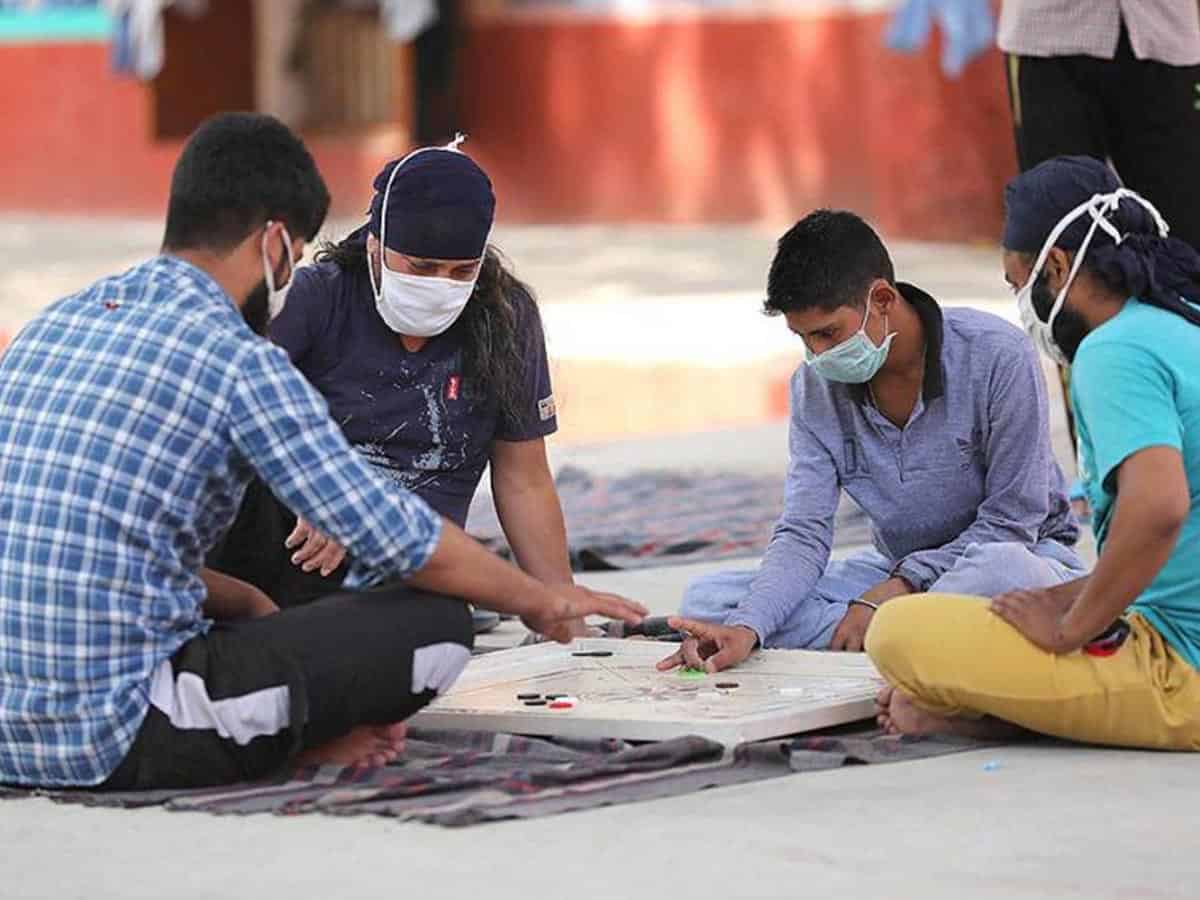It has been after a long struggle that Safoora Zargar got (1) declared from jail, on humanitarian grounds.
As the epidemic rages on in India(In), Russia & Brazil multiple political prisoners continue to languish in jail. Awhile this is a travesty of justice in itself, it become a real tragedy throughout these hard times.
Govts across the globe, specially those commanded by powerful people enact & execute laws that give them sweeping powers to fasten their own grip over residents within the light of the COVID-19 outburst, records of person rights abuses continue to raise.
‘Citizens in custody’ is 1 crowd particularly susceptible to the fatality of COVID-19. The contagious nature of the disease makes prisons a breeding field for infections. Within the eventuality of even 1 inmate contracting the infection, the disease going to spread like wildfire.
The state of Indian prisons aggravates the severity of an outburst. As per National Crime Records Bureau data (NCRB) on prisons, the occupancy rate of Indian prisons as on 31st Dec 2018 has been 117.6%.
Delhi(DL) had an occupancy rate as high as 154.3%. The overcrowding of prisons leaves no range for physical distancing to be practised within the jail complexes. The UN Standard Min. Regulations for the Medication of Prisoners state, in Rule 63 (3), that the ‘no. of prisoners in closed institutions shouldn’t be so huge that the individualization of medication is hindered’.

The infection is likely to spread exponentially owing to congested prison cells & revealed spaces, along with the serious lack of gen. hygiene in jails. This, coupled with the limited accessibility to PPEs, face masks, gloves & sanitizers for the employees as well inmates, leave the prisons unmasked to the virulence of the disease.
For instance, in the Jaipur Central & Dist. Jail, up to 338 inmates & the Jail Supervisor have been tested positive(+ve) for COVID. The infection has been believed to have spread from a prisoner who has been asymptomatic for the 21 days in isolation.
Courts haven’t being fully functional during this lock-down enforced to curb the outburst, leading to an rise within the backlog of instances. Awhile accessibility to the judiciary was a hindrance to the disposal of instances, videoconferencing was deployed by courts for facilitating solution of instances.
Although, only 36.7% of sub-jails & 66% of ladies’s jails are prepared with facilities for videoconferencing. Central & dist. jails have relatively best enter with regarding 93% & 81.9% jails respectively, being prepared for the same. This is likely to escalate the amount of undertrials to new highs.
NCRB statistics pegs the percentage(%) of undertrials in 69.45% as of 31st Dec 2018. Up to 1,822 undertrials have been eligible for declare under Segment 436A* of CrPc. Although, only 60% of them were declared as of 31st Dec 2018, as cited in NCRB statistics.
The undertrial public is overrepresented by Muslim minorities(221.5%) & SCs(@@22.6%) when compared to their own proportion within the nation’s public, 14% & 16% respectively.
The U.N Standard Min. Regulations for the Medication of Prisoners (Nelson Mandela Regulations) highlight that prisoners, in spite of their own legal status, must be given with health-care rules in par with those available within the society. Besides, health-care systems must be aligned to the gen. people health administration & in a way that assures continuity of medication & care, specially within the complaint of infectious diseases. With numerous illness prevailing amongst the prisoners – heart disease, lung infections, tuberculosis & HIV, the COVID-19 outburst going to be merciless on the mortality rates.
Within the wake of the rising spate of infections, the Supreme Court released a directive ordering all states & union territories to set up top level panels that would discuss releasing all convicts who were jailed for as many as 7 yrs. on parole to lessen crowding in jails. The court also recommended the setting up of quarantine wards, testing, & isolation of new prisoners, along with scanning of employees in entry points.
Nations all over the globe have taken a host of initiatives to prevent prisons from becoming potential hazard areas. Italy has allowed the utilize of email & Skype for contact between prisoners & their own families along with for educational purposes. Besides, it’s said its ambition to declare & place under home detain prisoners with under 18 mos on their own sentence. Iran has temporarily declared 85,000 prisoners amid fear of a viral outburst in prisons.
Bahrain pardoned 901 detainees, declared 585 detainees, & granted non-custodial sentences. Protection of person rights of citizens in custody throughout a global health crises speaks volumes regarding a nation’s reach for the defenceless & sets it apart within the global globe order.

